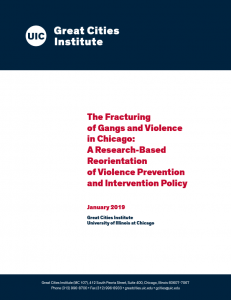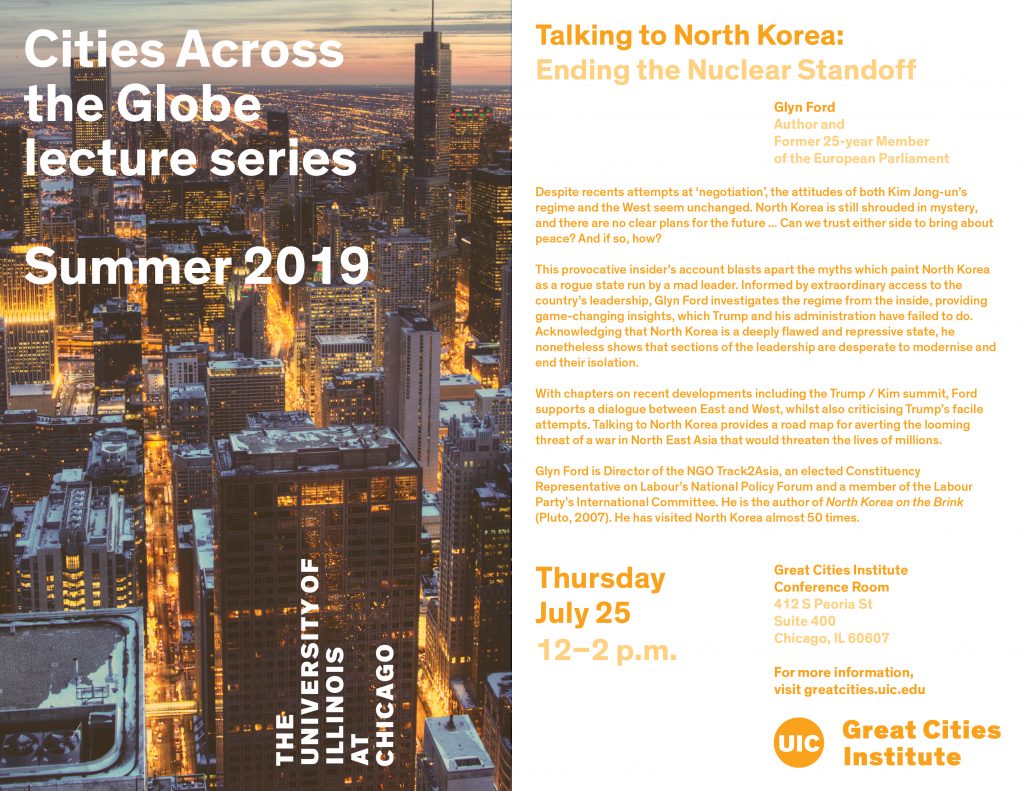
The O’Hare 21 program and Midway modernization will drive metro Chicago’s growth for years to come. Learn more about the impact Chicago’s two international airports will have on the economy and more by attending the first Fall 2019 Seminar Series presentation of the semester hosted by the Urban Transportation Center at UIC. The event will be held September 26 from noon to 1 p.m. in the Great Cities Institute Conference Room, 412 S. Peoria St., 4th floor. The featured speaker is Jeffrey Wytaniec, Civil Engineer IV – Design & Construction, Chicago Department of Aviation. All are welcomed. Learn more: https://utc.uic.edu/utc-2019-

